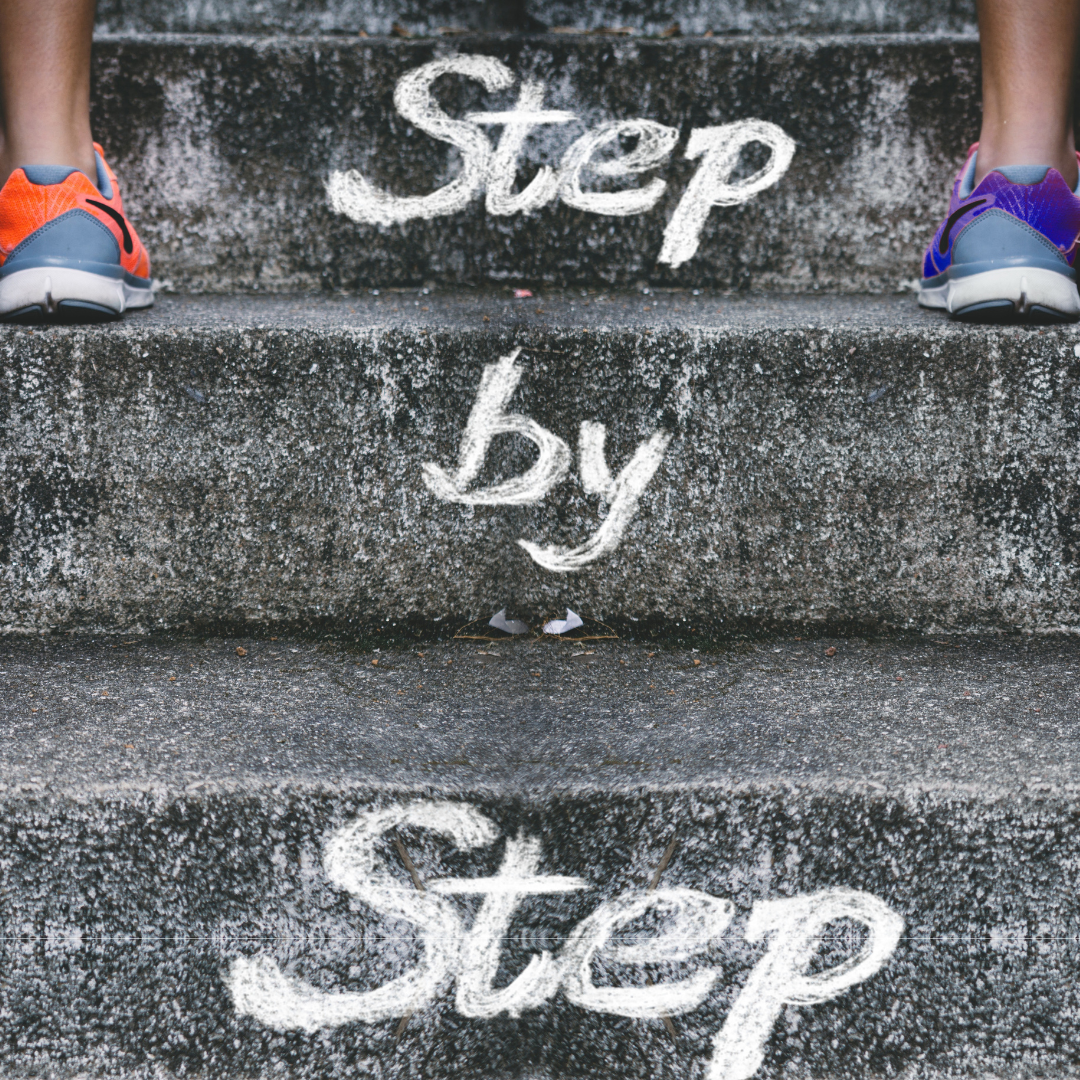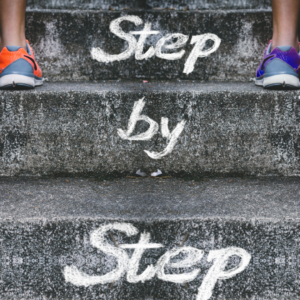
Real Talk about Insulin Resistance Part 2
Regaining a Healthier Metabolism
 In Part 1 of Real Talk about Insulin Resistance, we looked at what insulin resistance is, how it can impact the body, what signs and symptoms to keep an eye out for and what testing can help tell you if you are insulin resistant.
In Part 1 of Real Talk about Insulin Resistance, we looked at what insulin resistance is, how it can impact the body, what signs and symptoms to keep an eye out for and what testing can help tell you if you are insulin resistant.
In Part 2, we’ll explore what affects insulin resistance and some strategies for regaining a healthier metabolism.
Insulin release and resistance to insulin can be affected by various things. The factors contributing to insulin resistance are also interconnected, impacting each other.
What can affect insulin resistance?
- Diet and exercise
- Genetics
- Stress and Sleep
- Gut bacteria
- Circadian rhythm
- Liver health
Let’s look at a few of these in more detail…
Diet
Consistently eating foods that are high in sugar and saturated fat contributes to insulin resistance and is difficult for the body to manage long-term. A diet containing a lot of processed foods is often low or devoid of nutrients and fibre and may be full of chemicals. This means the body is not getting the nutrients it needs for optimal function, our gut microbes are not getting the fibre they need to thrive and more chemicals places a greater burden on our liver to process.
Result –> Our responsiveness to insulin is impacted and this contributes to the development or perpetuation of insulin resistance in the body.
Gut bacteria
If we have low levels of protective gut microbes and high levels of not-so-beneficial microbes in our gut, we may see decreased satiety (feeling full), increased fat storage, decreased fat burning, and increased inflammation in the gut.
Result –> This inflammation from the gut can cause or worsen insulin resistance.
Sleep
Poor sleep can throw off our circadian rhythm timing. Our circadian rhythm is the physical, mental and behavioural changes part of the body’s internal clock that follow a 24-hour cycle, including the release of and response to insulin.
Have you ever noticed that the day after a poor night’s sleep, you eat differently? You may have increased cravings, often for sweets or carbs. Insulin impacts our cravings and sleep and circadian rhythm impact insulin.
In those who lack sleep, there can be a 30% decline in tolerance to glucose the following day.
Result –> After a poor night sleep, the body may not respond well to glucose and you can end up with increased cravings, largely for sweets/carbs.
Top 3 Strategies for Regaining a Healthier Metabolism
1. Eat Enough Protein (and fibre)
Ensure there’s a source of protein in each meal (and snack). And really minimize high fat/high carb/sugar foods coming in. Plus, get at least 25-30g of fibre daily to fuel those protective gut microbes!
Protein will help to…
- stabilize your blood sugar levels better
- increase satiety
- reduce cravings and
- help with building and maintaining muscle mass (muscle is a metabolic organ that when built up and used can help with insulin sensitivity)
Protein Tips:
- Instead of plain toast for breakfast, add 2 eggs or peanut butter sprinkled with hemp seeds.
- Use hummus as a sandwich spread.
- Pair fruit with nuts/seeds.
- Add a scoop of good quality protein powder to your smoothie.
2. Build muscle
Moving your body in a way that builds muscle can improve insulin sensitivity.
No this doesn’t mean you have to get a gym membership or lift heavy weights (unless that’s what you like). You can start by doing push-ups or wall push-ups, tricep dips, lunges or squats at home. You can do (more) stairs or find a hill in your neighbourhood and do some hill walking.
3. Get Enough Sleep
Think about it for a moment, are you getting enough sleep?
Are you going to bed on time or are you staying up later than is good for you and your body to function and feel good?
If you’d like to go to bed at 10pm, but you’re currently staying up until 11:30pm, just start by going to bed earlier by as little as 15 minutes. This can help your body adjust gradually so you’re not laying there frustrated you’re not falling sleeping.
For more Sleep Tips, check out my previous blog post, Are you living the life of a shift worker?
If this all makes sense in theory, but you’re thinking “how do I put this all into place?” or “how can I get tested?” Let me know. We can dive deeper into this in an appointment together!
To schedule at Thrive Chiropractic and Wellness, call 780-244 -2441.
To schedule at West Edmonton Naturopathic, click here.